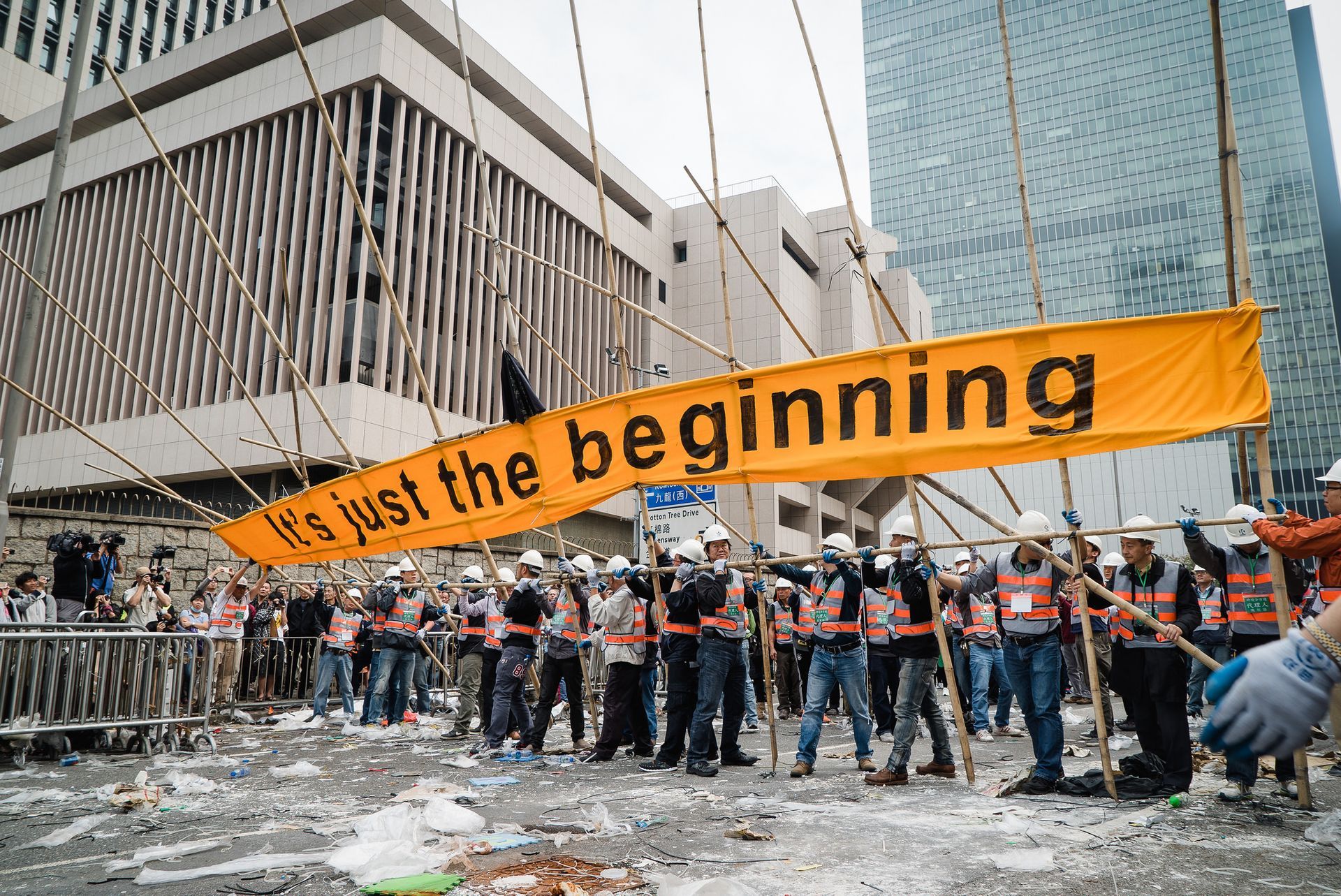Setting Goals You Can Achieve
Are you frustrated with New Year’s Resolutions and goal setting? I have certainly been there. Over the years I’ve tried a lot of different things when it comes to creating New Year’s resolutions and setting goals – ranging from making a list so large I could never achieve it all, to ignoring goals and resolutions altogether. After twenty years, I’ve finally found some principles that work, and I think they will help you too. Take what you can use and toss out the rest. After all, the purpose of goal setting is to find something that works for you! I generally spend at least one whole day to do this process. The week between Christmas and New Year’s tends to be a good time as many people take some vacation. Here’s what I’ve learned.
First, pray and reflect. It’s helpful to ask some questions. What is God’s will for the New Year? Am I where He wants me to be, doing what He wants me to be doing? I like three questions Greg McKeown poses in his book, Essentialism :
- What am I deeply passionate about?
- What taps my talent?
- What meets a significant need in the world?
Furthermore, write down everything you are thankful for from the past year. Go through your journal to see what themes surfaced. Chart your highs from the past year or as some call them your “magic moments.” What did you learn about yourself, God, and others? Once you’ve taken time to pray, listen, and reflect on the past year, you will have a clearer picture of how to move forward. Reflecting (not dwelling) on the past makes it easier to chart the future.
Reflecting (not dwelling) on the past makes it easier to chart the future.
Click To Tweet
Warning: It’s important to pray and dream with God, first. Set goals based on faith and vision. You may not have the resources now, but don’t let that hinder you. If God gives you the vision, He will also give you the pro-vision you need to accomplish the vision.
Second, define success and determine your “why.” Though there are many different ways to define success, in order to set realistic and achievable goals, it’s necessary to choose a working definition for your situation. It’s helpful for me to define success for the key areas of my life. This is why you do what you do. Here are some examples of how I define success:
- Personal: Knowing God and doing His will
- Marriage and Family: I want those who know me best to respect me most – to be a hero in my own home. I got this from Mark Batterson and made it my own. At the end of the day, I want my wife to be my best friend. I want my kids to be world changers, yes, but I also want them to love coming home to visit when they no longer live under my roof.
- Work: Since I work in ministry as the boss, I define success here the same way I do personally – to know God and do His will. Knowing God is of utmost importance in ministry because it’s easy for ministry to replace relationship with God.
- Finances: To be financially free so we can be radically generous.
As former Nazi concentration camp survivor Viktor Frankl said, “Those who have a ‘why’ to live, can bear with almost any ‘how.’”
Those who have a ‘why’ to live, can bear with almost any ‘how.’ Viktor Frankl
Click To Tweet
Third, deal with expectations. What are your expectations for the New Year and for the goals you set? Seth Godin wrote a brilliant (and short) blog on this topic that set me free from unrealistic expectations. I elaborate on his article here.
We tend to overestimate what we can do in one year and underestimate what we can do in ten years. Are your expectations and outcomes realistic? Have you overestimated or underestimated yourself? It’s important to grapple with these questions when setting goals. You will know if you overestimated when you work through step seven, below.
Fourth, have a plan. This year, I came up with a plan based on Michael Hyatt’s free e-book entitled, Achieve What Matters Most in 2017. In the e-book, he delves into “8 Strategies that Super Successful People Are Using Now To Accomplish More Next Year.” It really helped me come up with a solid and workable plan and to ask good questions.
Fifth, set goals. Goals can be difficult and important, but elusive. Where do they come from? Are they realistic? Are they attainable? How will we know if we can achieve them? These are tough but necessary questions. After you’ve prayed and found God’s direction, set goals in line with His leading. I have found the SMART method of goal planning to be helpful. SMART stands for Specific, Measurable, Attainable, Realistic and Time-bound.
Sixth, break your goals down into bite-size pieces. Work backwards from your one year goals and set quarterly goals and possibly even monthly or weekly goals. Mike Kim’s One Page Productivity Plan ( which you can get for free) is very helpful for this. It’s is a 6-month plan, but I’ve adjusted it to be quarterly.
Seventh, put your goals into your schedule. This is where the rubber meets the road. Once you start putting your goals into your schedule, you will see if they are attainable or not. Do you have time to accomplish them? If not, scale them back. It’s easier to overestimate than underestimate. This will also tell you if your goals are specific enough. If they are too broad and general, you won’t be able to schedule them. For example, maybe your goal is to become a better parent. That is great, but why do you want to become a better parent and how will you go about that? A more specific goal would be to become a better parent by reading a parenting book, having coffee with a parent you look up to, and spending one hour per week of quality focused time with each child. Those are things you can schedule.
Based on twenty years of doing this, Michael Hyatt’s e-book and these other resources I’ve mentioned, here is my seven step plan to better goal setting:
- Pray and reflect
- Have a clear definition of success and determine your “why”
- Deal with expectations
- Have a plan
- Set SMART goals for the year (Specific, Measurable, Attainable, Realistic, Time-bound)
- Break your goals down into bite-sized pieces (quarterly and monthly)
- Put your goals in your schedule
I hope this helps you set goals you can achieve and feel good about this year!
*Photo used courtesy of Studio Incendo via Flickr
Like this post? Why not share it!
Share this Post:












